With great success, the National and International Congress of Business Engineering Students from northern Chile the University of Tarapacá 2BHUMAN, which took place in the Aula Magna during October 05, 06 and 07, bringing together more than 300 participants and whose objective is to humanize the profession of commercial engineering, as well as to generate a space for share knowledge and unique experiences among university students, companies and entrepreneurs who want to develop academically and professionally.
Communications University of Tarapacá.- The meeting was organized by the students of the Commercial Engineering career of this House of Higher Studies, who with the base and purpose of putting into practice all the personal and training skills that they have been developing in each stage of the educational process, had the opportunity to collect experiences, not only with young people from other universities in the north of the country, but also from neighboring countries, added the instance of sharing with different personalities and referents of the reality that society lives today, and especially, in the areas of companies and business world.
In its third version, the opening day was in charge of the Rector(s) of the University of Tarapacá, Dr. Jenniffer Peralta Montecinos, who delivered her words of welcome: “This event that takes place every two years has been growing and enriching with the experience of the organizers, but especially this year, with a post-pandemic sense, which allows us to meet again with colleagues and colleagues from the country and neighboring countries. This congress allowed topics that are of high educational interest, but also talks that are important for our entrepreneurs, innovators, businessmen and mainly, for people who are in management and administration, allowing the possibility of learning and creating together in the regional community. and international”.
Lucas Palacio Covarrubias, former Minister of Economy, was in charge of opening the talk with the theme “Entrepreneurship and innovation: Lessons for a post-pandemic world”, who highlighted that “the economy connects people where what is most needed after the pandemic and Of all that we have had to live through, it is to be much more human, to be able to put ourselves in the shoes of others and to see in the other the possibility of establishing good communication and relationships”.
Another of the exhibitors present was Claudio Fontana and his talk “Neurosales: None of us like to be sold, but we all love to buy”, focused on learning a little more about the brain “from a more commercial area where undertaking and selling are not It is easy, where all the tools that we can apply will help us to make this task easier for us.
Within this framework, the head of the Commercial Engineering degree, María Cristina Alfred Urízar, commented: “The students are happy and the quality of the exhibitors that we have had in these three days has been extremely important, because this congress, the topics it raises and in how it is developed, manages to generate a very special space for our students from what is the real world of the profession and what they are going to have to face as a person”.
He added that “the people who attend this congress finally have a 2BHuman experience, which is the fundamental pillar since we began to develop this congress. Therefore, I think it is very interesting what is achieved in the boys and in the people who believe in this proposal, where something new is learned every day that many times the problem is in us, because we no longer have the objective of life, we focus a lot on the profession, on the material, on theoretical aspects and we take little rest in looking at the human being and this congress has as its main focus: the person”, said the head of the career.
Regarding the exhibitors, María Cristina Alfred, highlighted the high level of each one of them, who “believed in us, in that email we sent and agreed to participate in this event that should be part of the faculty because it is growing more and more and It involves all disciplines.
Meanwhile, the Dean of the Faculty of Administration and Economics, Luis Mella Salinas, stressed that “we have the great satisfaction and joy of having been able to consolidate and carry out this congress. We are very happy because the meaning of this activity when it started was precisely what has been taking place, in its three versions and particularly in this one. We were interested in further extending the knowledge, the experiences and what we could deliver, contribute and generate in our classrooms”.
“This congress is not only an academic activity, but they are life experiences. We appreciate the presence of exhibitors who have come to tell what they have been, what is and what they will be. This is an activity of people, of human beings, that is, of what we are: imperfect beings who want to be happy, because we can do many things, such as those that are being done today. We can make great contributions and build the future we want and the world we want to live in, together we can do it”, said the Dean of the Faculty of Administration and Economics.
EXHIBITORS
For the day of October 5, the event featured talks by Lucas Palacio Covarrubias, with the theme “Entrepreneurship and innovation: Lessons for a post-pandemic world”, Jorge Muñoz Vivanco with “Ethical Banking: Transforming the world from the financial system ”, by Paulina Pozo Mardones and her exhibition “Silver economy: The economy of longevity, an opportunity to innovate”. On Thursday 06, they made their presentations, Eytan Gottlieb Lillo with his talk “Paleatos: How has the journey of undertaking with a sustainable solution been”; Verónica Cortés Valdebenito with “Undertaking from the rural” and Reinaldo Lippi Ureta with “A true story of entrepreneurship”. Finally, on Friday the 5th, Claudio Fontana presented his keynote talks with “Neuroventas: None of us like to be sold, but we all love to buy”; Carlos Sandoval Precht and his talk “5 philosophers training an engineer” and Laura Isanta with her exhibition entitled “Appreciativeness, the art of perceiving what is valuable.”



![[Img #74661]](https://thelatestnews.world/wp-content/uploads/2024/12/The-power-of-ultrasound-150x150.jpg)









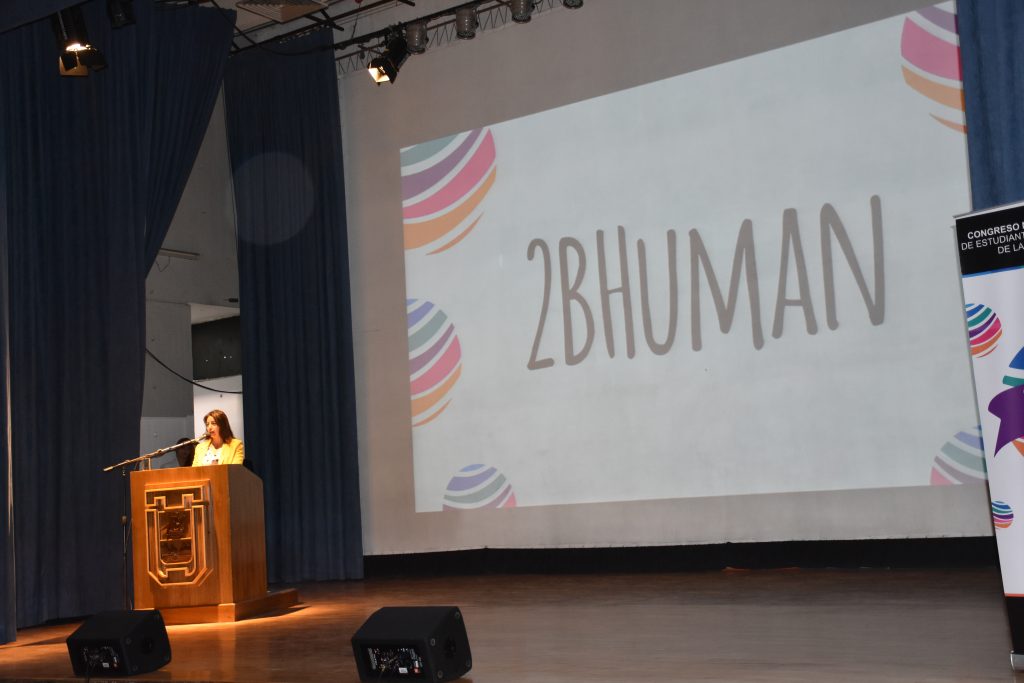
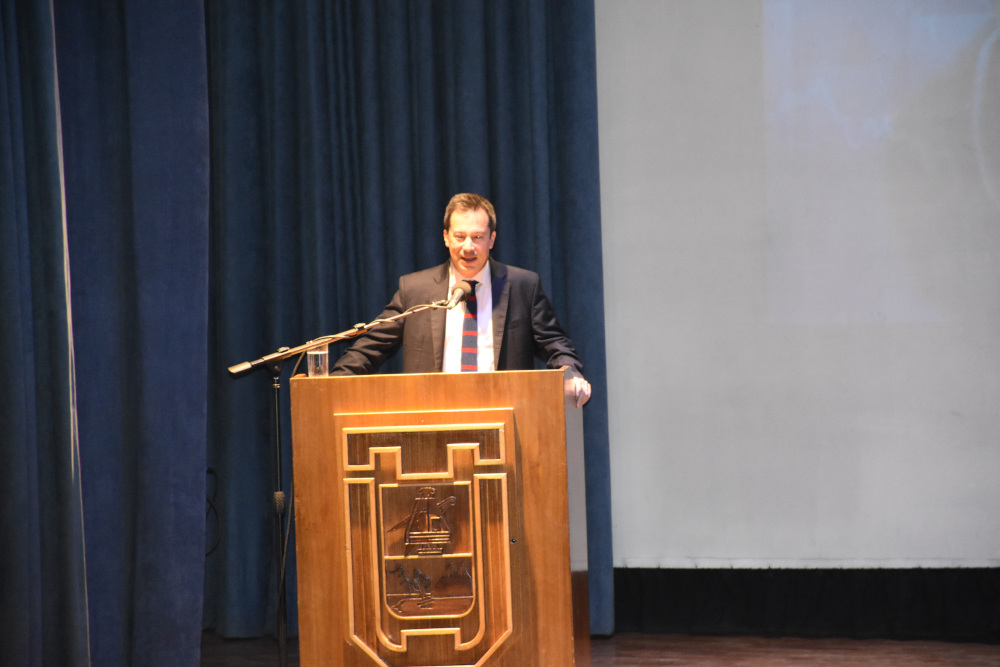

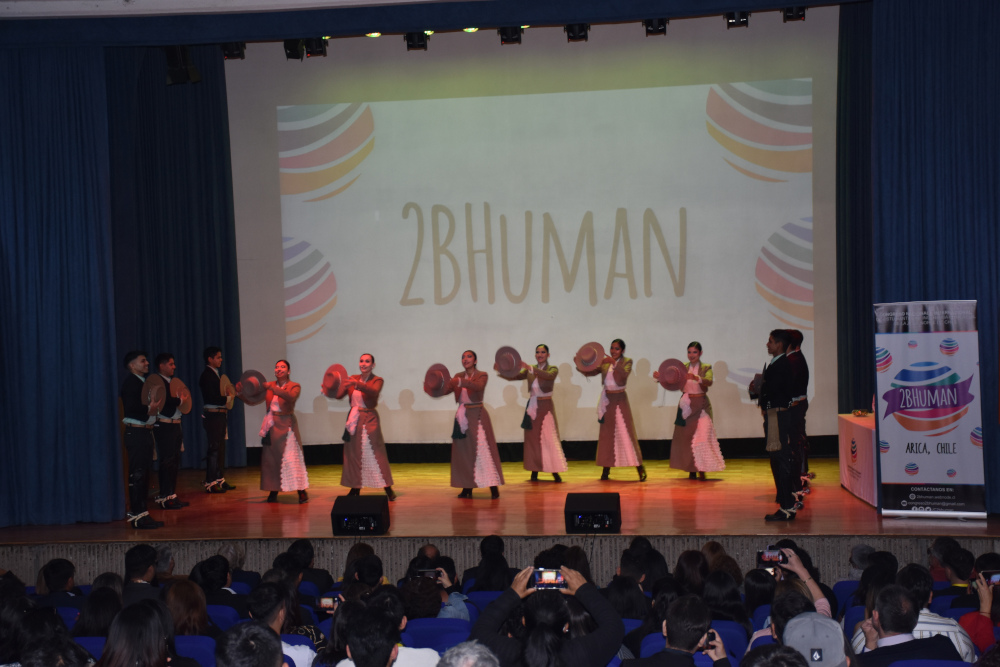
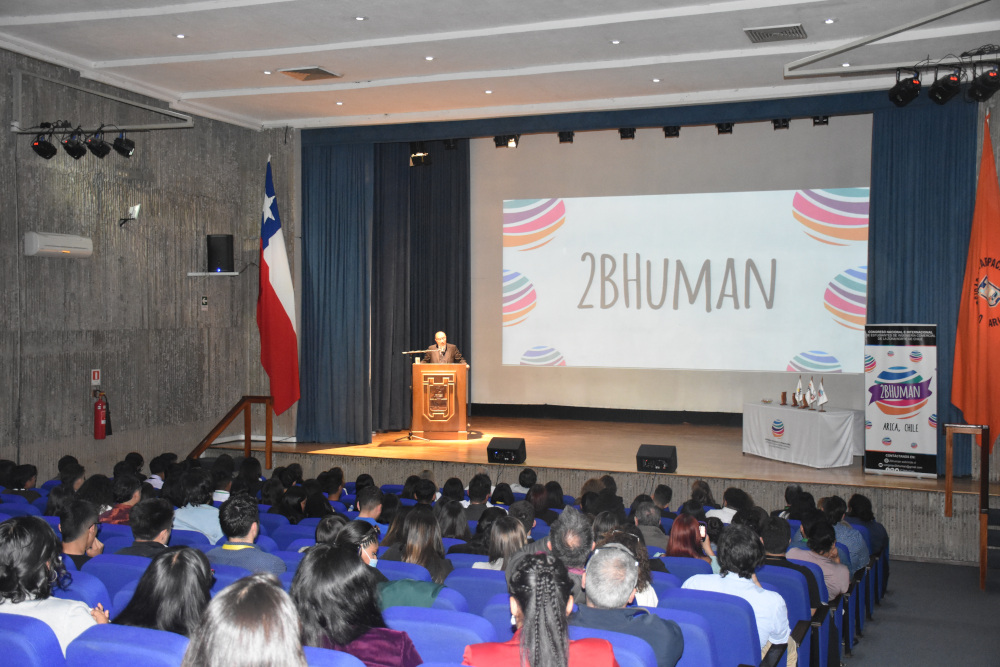
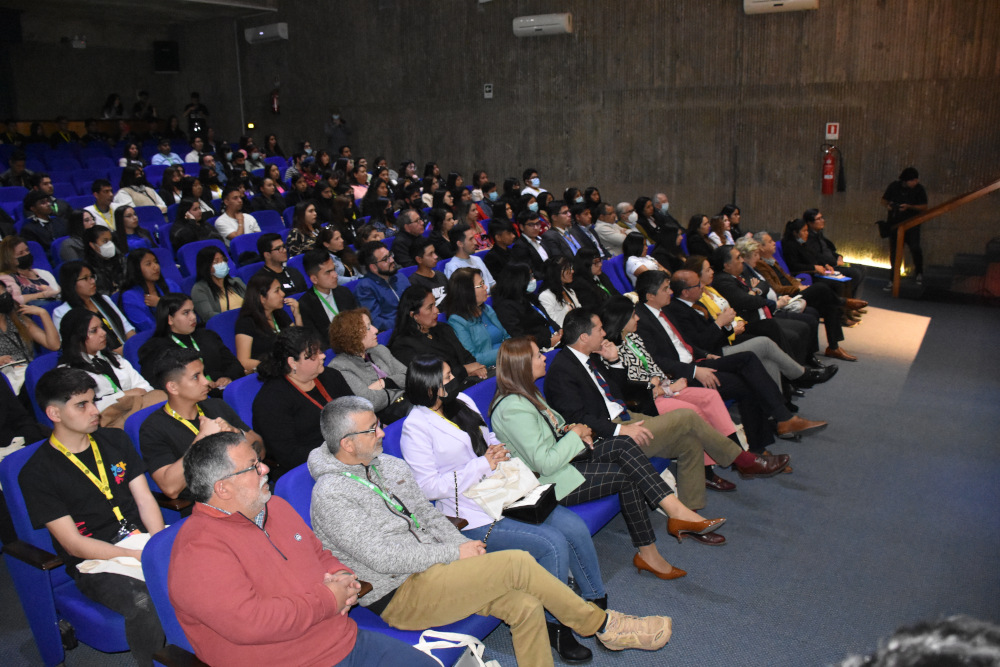
![[Img #74661]](https://thelatestnews.world/wp-content/uploads/2024/12/The-power-of-ultrasound-300x200.jpg)

